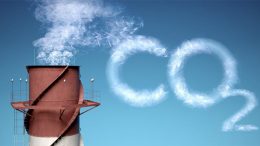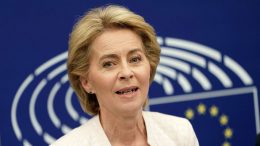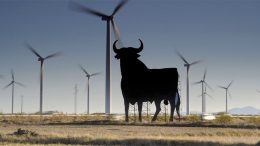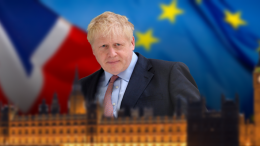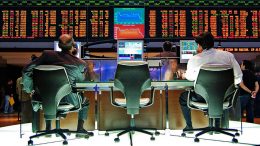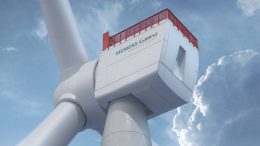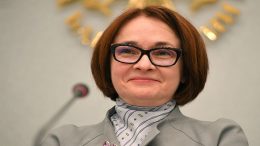European Refining Industry Targets 30 M Tonnes Of Eco-Fuels Annually By 2035
The association FuelsEurope, representing the European refining industry, expects to produce 30 million tonnes of low-carbon liquid fuels (eco-fuels) annually by 2035. This would mean a reduction in CO2 emissions with an estimated minimum of 100 million tonnes per year by that date, and emission neutrality by 2050 in Europe. The European counterpart the Spanish Association of Oil Product Operators (AOP) has launched a plan to introduce these eco-friendly fuels into the transport sector.

